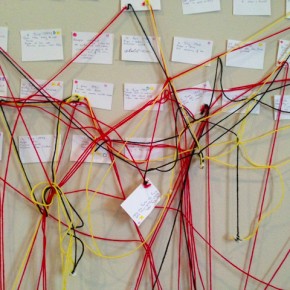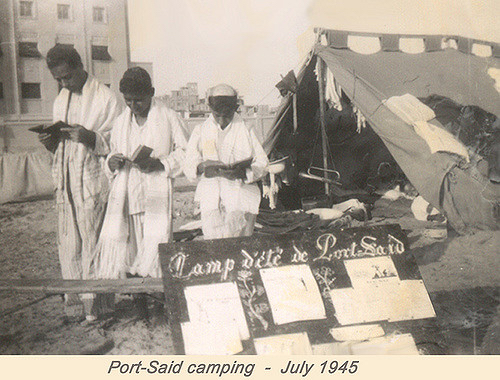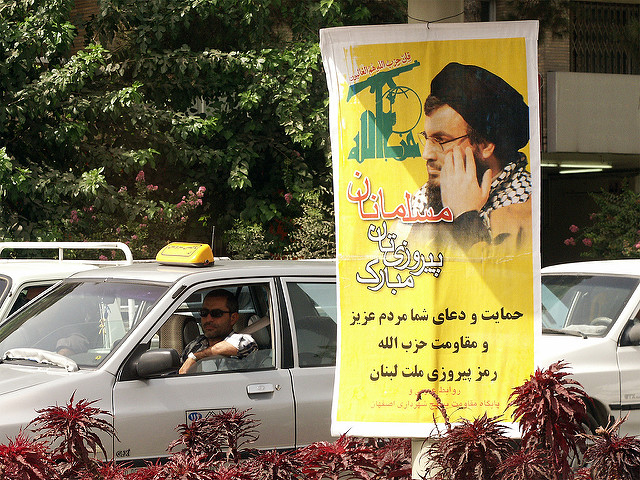In a piece published closely after the military ouster of Egyptian President Mohamed Morsi, the Wall Street Journal’s editorial board argued: “Egyptians would be lucky if their new ruling generals turn out to be in the mold of Chile’s Augusto Pinochet, who took over power amid chaos but hired free-market reformers and midwifed a transition to democracy.”
That the Journal would glorify a regime that practiced state sponsored terror against its own citizens was instantly ridiculed in the web and eventually shrugged off as one of the frequent lapses of logic plaguing Murdoch-owned newspapers.
Augusto Pinochet’s seventeen-year dictatorship over Chile was marked by terror, bloodshed and egregious human rights abuses that sent shockwaves around the world. Between 1,000 and 3,000 were murdered. Around 30,000 were tortured and raped.
Notwithstanding, his name is still revered among the free-market right because of his embrace of the “Chicago School” of Western economists, who have perpetually cheered and championed the so-called “Chilean economic miracle.” Former British Prime Minister Margaret Thatcher once reportedly told Pinochet: “I’m also very much aware that it is you who brought democracy to Chile, you set up a constitution suitable for democracy, you put it into effect.”
But today, as thousands of Egyptians lie dead and injured across the country, with churches, mosques, and other buildings ablaze, the editorial actually serves as an eye opener about the U.S. agenda in Egypt.
Perhaps Americans and their allies are hoping that the new Egyptian commander-in-chief will reaffirm the country’s cooperation vis a vis U.S. and Israeli security interests. After all, Pinochet helped Britain during the 1982 Falkland crisis and the U.S. could definitely use some help with regional nuisances like Iran.
Then again, even under the Brotherhood, little changed in the way of trilateral relations among the three powers, so that issue is probably low on the list. Though it does rank highly in explaining why the White House, despite repeated calls from Congress and the editorial boards of The Washington Post and The New York Times, has shown no indication of touching Egypt’s US$1.5 billion aid package.
On that note, the U.S. government is also surely hoping that the new leader will continue to loyally serve the interests of the American corporations heavily invested in Egypt’s defense economy, that have always superseded the values of human and civil rights. Better the apparatchiks you know – those in place for decades under Mubarak – than whomever the Brotherhood might have appointed.
And finally, some countries just need a well wishing father figure to smack their way into democracy. All of it is temporary. Right? No.
The military has been revealed for what it is, and as The Guardian wrote in an editorial today:
“[A]nyone thinking that it will be temporary or last for just one month has got to be supremely optimistic. Calm and a national dialogue cannot be restored in that time. More likely are repression and further rounds of arrests – the Brotherhood leader Mohammed El-Beltagy, whose 17-year-old daughter was killed in the storming of the camps, was one of those detained last night – that will in turn provoke fresh protest. The defiance of the Brotherhood, and especially of those leaders who have lost family members, will be redoubled. There were already revenge attacks on Christian churches in upper Egypt by militants whom the Brotherhood do not and can not control.”
Those rejoicing in Morsi’s ouster last month believed Egypt was in danger of being hijacked by fanatical Islamists like Iran was thirty years ago.
Whatever the Brotherhood’s (many) faults in governing Egypt, it is clear today that these well wishers of the security forces misread the tea leaves: it is Chile, not Iran, that the current crisis evokes.
Photograph courtesy of Zachary Baumgartner. Published under a Creative Commons license.





